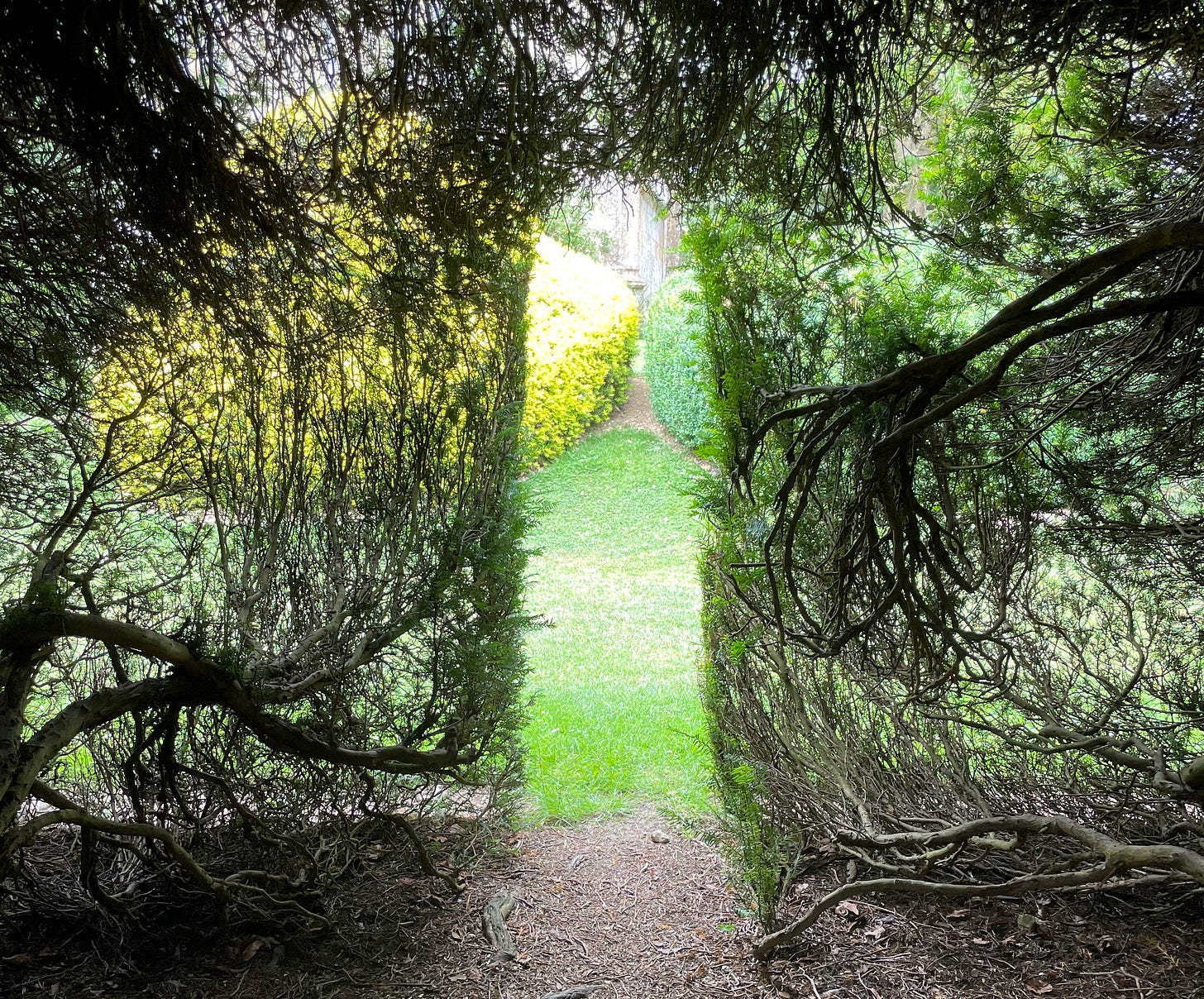"If we believe that we know the answer to the question before we sit down to write, we will learn nothing new about ourselves, and, worse, our readers will be denied the opportunity to learn something new about themselves” (Barnes 133).
Wise advice from Kim Barnes. Memoir isn’t about you (well, it is). But it needs to also be about deep—and at the same time, broad—universal human experience-type stuff. (No pressure.) As writers, especially in creative nonfiction, we bring a sense of why to the page, not just plot development. This is a cheesy example but say you drank orange juice in the morning and had heartburn an hour later. That’s what Vivian Gornick would call the situation. The story, the thing that we can all relate to, is that maybe the heartburn reminded you of the grandparent who recently died of a heart attack. Maybe the taste of oranges reminds of the grandparent who’s still alive and uses orange scented lotion, or lives next to an orange grove, or goes overboard with the self-tanner—whatever, you get the idea. Grief and loss. Love and longing. That’s the story, the thing we can all relate to on a deeper level. Not that many of us don’t also know about orange juice.
Maybe, when you sat down to write about the orange juice, you expected the story to be about heartburn interrupting your important meeting at work. Maybe you didn’t know it would lead to your feelings about Grandpa Joe and Grandma Jane. Or maybe you thought the story was about Grandpa Joe’s death, and it turned out to be more about Grandma Jane, still alive and using too much orange spray tan. The point is, we can’t actually know where our personal stories are going until we start trying to shape them. And I believe this holds for fiction as well.
I prefer to write memoir because it more clearly reflects and helps make sense of life. Reading creative nonfiction craft books is a form of self-care for me, because so much of the advice applies to life. Like the above from Barnes, which essentially communicates, don’t assume you know the answers to life—and you shouldn’t. This wouldn’t be living. Because it’s so tempting to assume there are right answers and predestined paths, especially if your mythically oriented, as I am. I can’t count the number of times that I’ve longed for a magical fairy godperson—I’ll take a -father, -mother, -grandparent, heck I’ll even welcome a fairy goddog—to say, This is the way that’s ‘meant’ for you, don’t waste your time over there. Oh, and here’s a hot chocolate for your journey. Which jobs should I take? What projects should I pour my all into, and when should I cut my losses to avoid dead ends, thorns and brambles? Where do I go, Kim Barnes? What’s my story, Vivian Gornick? Is my story all on me? And how to feel grateful about this, a sense of freedom instead of terror.
This is one of the reasons that magic and writing work so well together. Magic, like writing, is an act of shaping and manifestation. Of yourself, your environment, your future. Even gratitude is an act of magic. It’s the only thing proven to have marked differences in the way your brain functions—or something like that. Don’t quote me. You can sit down with your various magic tools, be they guided meditations, wands, essential oils, crystals, or good old-fashioned prayer—I said it, I see prayer as a form of magic—and pour your willpower and energy into a hope or desire for the future, but you won’t know the outcome, if any, until later. In the process of practicing said magic, you’ll probably shape something different of yourself. Your dreams might change. Literally, too. You might think you know what your dreams are made of, but it can be surprising what comes up when you pay close attention, actually sit down and light the candles, press your palms together, or what have you. More on this some other time.
For now, let me just say: welcome to This Magical Life.
Citations





👏👏